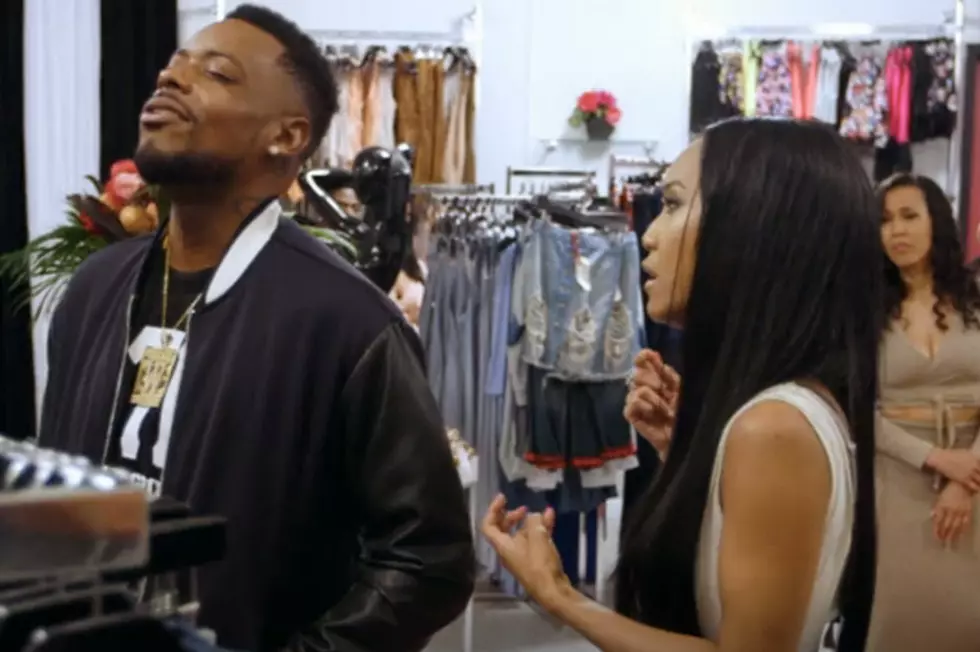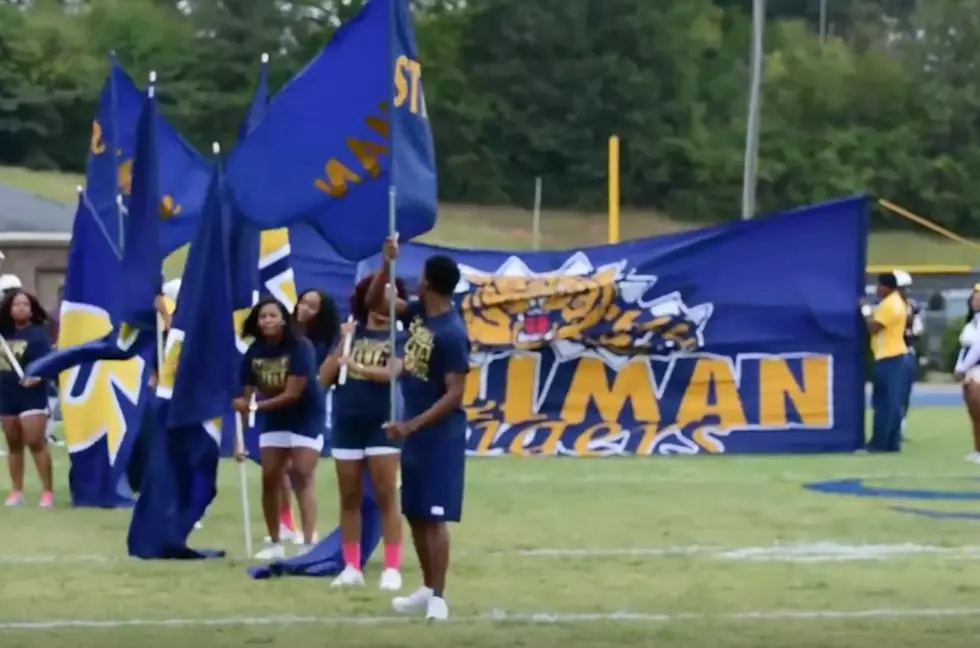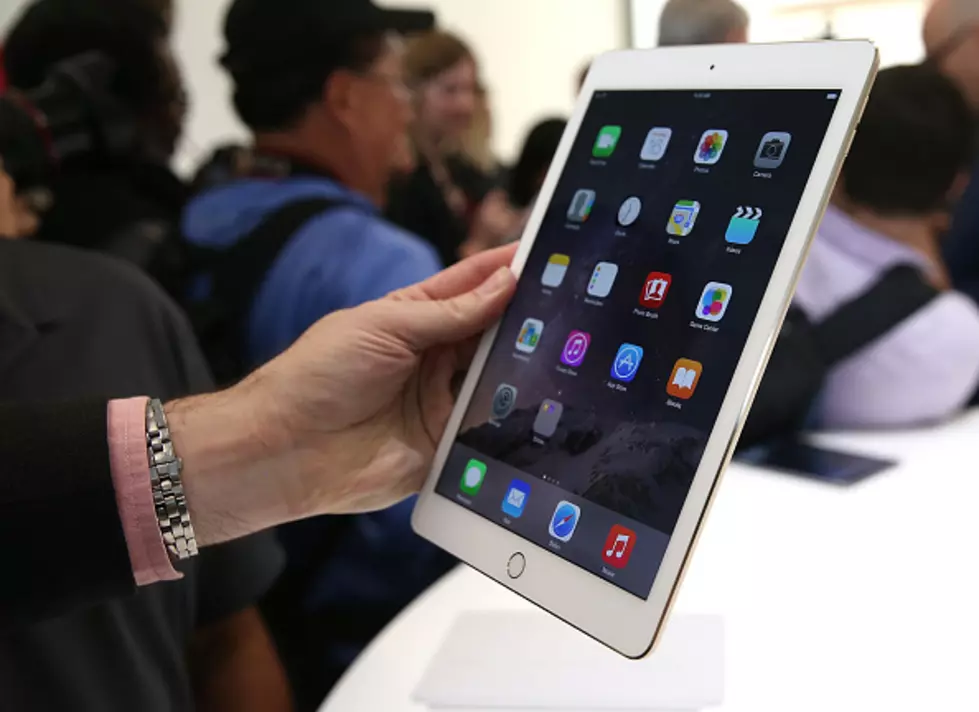
Colin Kaepernick, Performance Patriotism and the Great American Lie
*Note: This essay was originally published on August 30, 2016
"I support Colin's motivation. It's his method of action that I take exception to..."
Those are the words of University of Michigan's head football coach Jim Harbaugh, former head coach of the NFLs San Franscisco 49ers; tweeted to reiterate Harbaugh's position regarding Colin Kaepernick, the embattled 49ers quarterback whom Harbaugh coached from 2011 to 2014. Kaepernick has been at the center of a media and cultural firestorm over the past several days due to his refusal to stand for the U.S. national anthem during an Aug. 26 preseason game between the Niners and the Green Bay Packers. Kaepernick explained after the game why he's taking his stance.
"To me, this is bigger than football, and it would be selfish on my part to look the other way," Kaepernick told reporters. "There are bodies in the street and people getting paid leave and getting away with murder."
New Orleans Saints quarterback Drew Brees and retired Niners wide receiver and Hall of Famer Jerry Rice both also blasted Kaepernick for his protest. The consistent criticism has been that Kaepernick's "method" is flawed or that he can point out oppression without "disrespecting the flag." These responses are the kind of disingenuous rebuttals that have followed virtually any kind of protest that actually touches a nerve, but a polite protest is an ineffective protest. This would be an entirely pointless exercise if it was approached in a way to make Americans comfortable. Making Americans uncomfortable is the only way anyone can hope to see any sort of American change.
American pride is rooted in American denial. It would be hard to view the flag as a banner of honor that all Americans should unequivocally celebrate without thick cultural blinders. Native Americans should salute the flag with pride, despite the fact that their people were slaughtered under it and they continue to sit at the fringes of American society. Asian Americans should salute the flag with pride, despite the fact that they were also scuttled to the outskirts of American culture after fighting in wars for this country and helping to build American industry. And Black Americans should salute the flag with pride--despite having been physically, psychologically and economically subjugated since before the U.S. was independent and even with the ongoing assault on Black bodies and the indifference--or outright support--America has shown to the systematic lynchings carried out by officers of the law in Black communities. To be certain, any American who wants to salute and support national emblems has that right--but to suggest that anyone (especially those oppressed by racism in this country) is obligated to take part in such performance patriotism is arrogant and racist.
Black Americans are expected to do the patriotism dance to "prove" their allegiance and to make everyone feel better about the atrocities Black Americans have always had to face in America. We celebrate the Tuskegee Airmen for fighting for their country despite their country's dehumanizing treatment towards them; we ask the Black victims of vicious hate crimes about "forgiveness" before even allowing them time to grieve and be justifiably angry about the affront they've suffered. America constantly needs an "it's OK" hug from Black folks, like an abusive spouse sheepishly putting their arm around you to see if you love them in spite of them assaulting you. But every time you give that hug, that abuser knows that they don't have to change. They know that you will always be there. Colin Kaepernick, like Muhammad Ali, Tommie Smith and John Carlos before him, decided he had no more hugs to give. America has to face it's hypocrisy.
Americans get enraged when confronted with the duality of the American experience. The deaths of Black people at the hands of police officers who would never see the inside of a jail is something that much of the NFL-loving audience supported or didn't care enough about to face with anything other than mealy cliches about "black-on-black crime" and officers "putting their lives on the line." They didn't care and now Colin Kaepernick is forcing them to face their indifference. They claim he disrespects soldiers who died abroad by amplifying the voice of civilians who die at home. His protests have put those Americans in the position of having to, once again, look directly into the ugliness of American hatred for Black people. You won't get to just sing your song and salute your flag without having this conversation. At least, not this week.
There is also a question of what it means to be "privileged" in America. White privilege, as a concept, isn't a pronouncement of wealth or status; it's recognition that being white in America means that there is a certain influence that white Americans wield as a culture that non-white Americans don't have; and it means that there are certain obstacles white Americans won't ever have to face as a culture that non-white Americans have to battle against constantly. Kaepernick's background (he's biracial and was raised by a middle-class white family) doesn't supersede the realities of racism in America. 80s sitcoms like Diff'rent Strokes and Webster that featured Black kids taken in by kindly white folks weren't a blueprint for how to address the oppression of Black Americans; and being raised by white people with money doesn't negate what's happening culturally and societally to Black people. Kaepernick has every right to address what's going on as he sees it. Cops can shoot rich Black guys, too.
But this has never been about Kaep's money. Or his background. It's about racist denial. So many white Americans believe that the symbols that they have been conditioned to cherish are universal; they expect unconditional love for America from Black Americans who have consistently and blatantly been reminded that their acceptance in America is absolutely conditional.
The hypocrisy that informs national celebrations of the legacies of Muhammad Ali and Dr. Martin Luther King, Jr. has been brought into sharp relief in the aftermath of the Kaepernick controversy. These were men who stood in direct opposition to white supremacy; now lauded by people and platforms devoted to it's maintenance. As such, the images of both MLK and Ali have been watered down and made palatable for good ol' American nationalism. They're superficially praised because they "fought for freedom and equality" with most Americans willfully ignoring that they fought for those things because America itself had denied them those human rights. America was the evil oppressor that they dedicated themselves to defeating; and white supremacy was and is that oppressor's most insidious tool.
Actor Chris Meloni opined that Ali "opposed the [Vietnam] war" on Twitter as he criticized Kaepernick. It speaks volumes about American identity that so many white people who claim to admire Ali have to view him as a colorless war protestor--ignoring the fact that he opposed the war on the grounds that it furthered white supremacy and the very American denial in which Kaepernick's critics now wallow.
“Why should they ask me to put on a uniform and go 10,000 miles from home and drop bombs and bullets on Brown people in Vietnam while so-called Negro people in Louisville are treated like dogs and denied simple human rights?" Ali posited in 1967. "No--I’m not going 10,000 miles from home to help murder and burn another poor nation simply to continue the domination of white slave masters of the darker people the world over. This is the day when such evils must come to an end. I have been warned that to take such a stand would cost me millions of dollars. But I have said it once and I will say it again. The real enemy of my people is here. I will not disgrace my religion, my people or myself by becoming a tool to enslave those who are fighting for their own justice, freedom and equality. If I thought the war was going to bring freedom and equality to 22 million of my people, they wouldn’t have to draft me--I’d join tomorrow. I have nothing to lose by standing up for my beliefs. So I’ll go to jail, so what? We’ve been in jail for 400 years.”
And that sentence has gotten no reprieve.
The oppression that the American flag represents to so many black Americans is evident in everything from the water crisis in Flint to the Confederate Flag controversies around statehouses in the South. The killings committed by police officers are endorsed by policies that encourage profiling, condoned by a state that doesn't see fit to prosecute those officers and applauded by a populace that tells black people they get what they deserve. Where is this "one America" that so many quasi-patriots seem to cling to with both hands? When you see the strife and violence in Black communities around the country, knowing that those ghettos were created and are sustained by economic divestment, indifference and neglect born of racist policies in housing, lending and countless other forms of infrastructure; when you see millions of Americans rally against the mothers of slain Black children who's killers were given a free pass--it affirms every worst fear you have about what it means to be Black in America. It affirms what we've always known, really.
This land wasn't made for you and me.
Watch Kendrick Lamar Perform "The Blacker the Berry" at the 2016 Grammys:
Watch Public Enemy's Video for "Shut 'Em Down":
More From 92.9 WTUG










